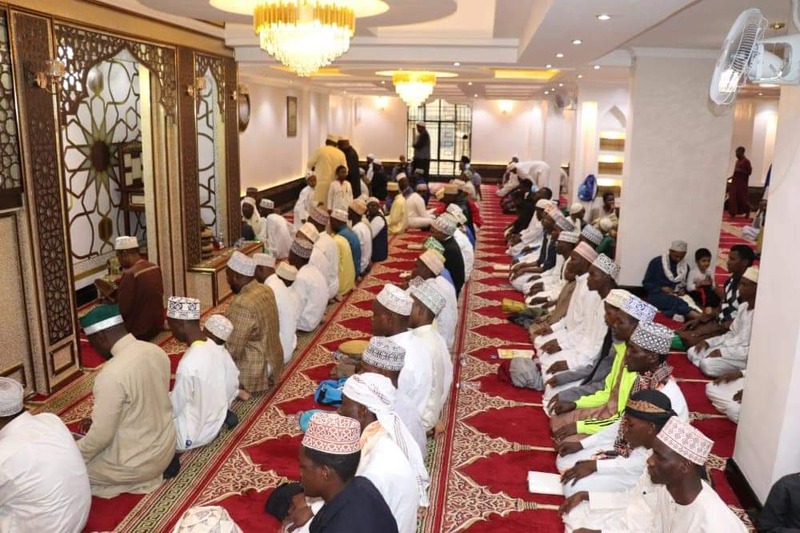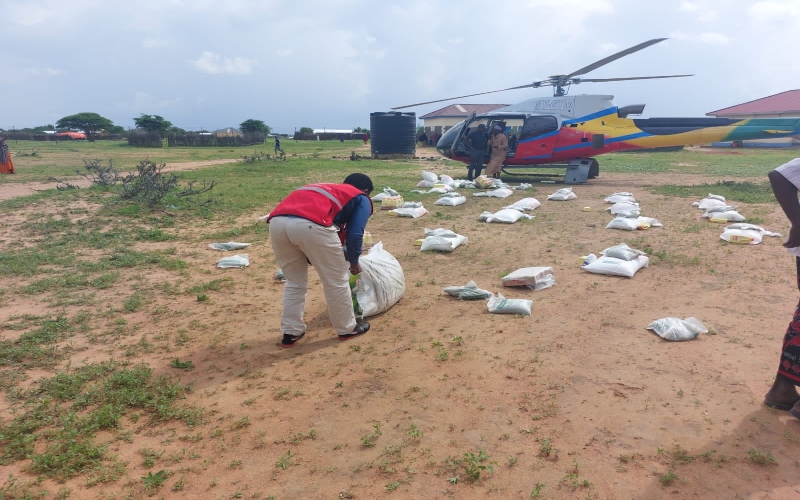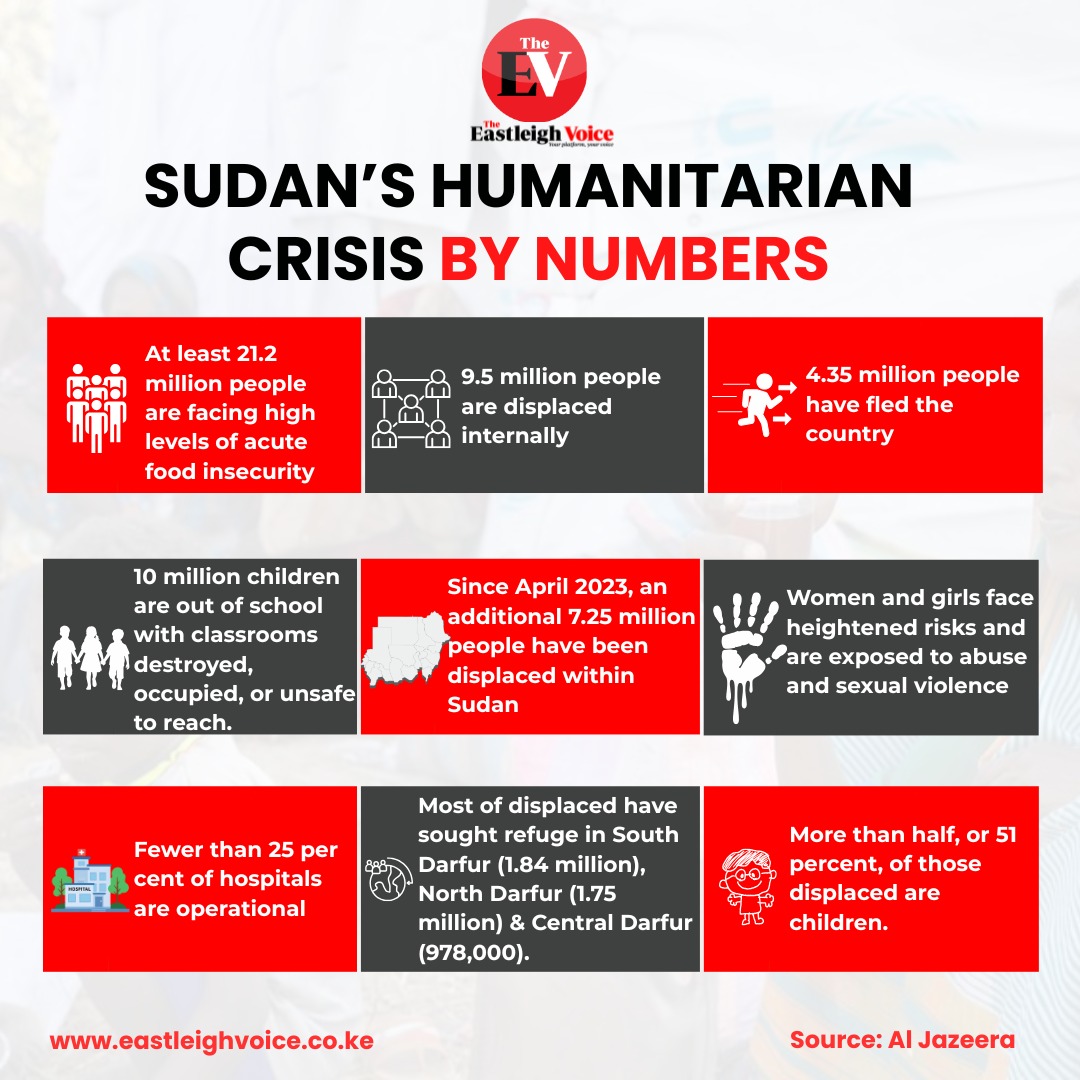Kenyan Muslims to observe fasting on Day of Arafa

In Eastleigh, most restaurants are expected to be closed during the day as many Muslims will be fasting from dawn to dusk. However, other activities will continue as usual.
Most Muslims in Kenya are expected to fast this Saturday to mark the Day of Arafa. Fasting on this day is recommended for all Muslims not performing Hajj in Mecca, Islam's holiest city.
Unlike Ramadan, fasting on this day is optional but widely practised by those not participating in Hajj.
More To Read
- Pope Leo visits Istanbul’s Blue Mosque on first foreign journey
- Nigeria dismisses US claims about prosecution of Christians
- Kenya opens Jeddah consulate, deepening Saudi ties
- Kenyans unite against Gaza genocide, call for Israel boycott at Uhuru Park protest
- 5,000 Kenyan Muslims to take part in 2026 Hajj pilgrimage
- Judicial Service Commission advertises five Kadhi posts in fresh judicial recruitment drive
Prophet Muhammad (PBUH) emphasised the significance of fasting on the Day of Arafa, stating that it brings immense rewards and forgiveness from Allah.
According to Islamic tradition, fasting on this day expiates the sins of the past year and the coming year.
Imam Tirmidhi reported that the Prophet also said, "There is no day on which Allah frees people from the Fire more so than on the Day of Arafa. He comes close to those standing on Arafa and then He revels before His Angels saying, 'What are these people seeking?'"
The Day of Arafa falls on the 9th of Dhul Hijjah, the 12th month of the Islamic calendar. This year, it is expected to fall on Saturday, June 15, 2024. Muslims believe that on this day, Allah perfected His religion, completed His favours upon Prophet Muhammad (PBUH), and approved Islam as a way of life.
This day is highly significant in the Islamic faith, marking a moment of divine completion and approval.
The Day of Arafa is also known as Yawm Al-Waqf (the Day of Standing), as mentioned in the fifth chapter of the Quran. This name refers to the pilgrims who stand before their Lord for long periods, asking for His Divine Mercy. This act of standing and supplicating is a central part of the Hajj pilgrimage, reflecting deep devotion and humility.
In Eastleigh, most restaurants are expected to be closed during the day as many Muslims will be fasting from dawn to dusk. However, other activities will continue as usual.
Malls and shops are expected to be busy as thousands of Muslims prepare for the 10th day of Dhul Hijjah, which falls on Sunday, June 16. On this day, Muslims will celebrate Eid-ul-Adha, the Feast of Sacrifice.
Eid-ul-Adha is one of the most important Islamic holidays, commemorating the willingness of Prophet Ibrahim to sacrifice his son Ismail in obedience to God's command.
Muslims around the world observe this day by performing Qurbani, or sacrifice. They slaughter an animal, such as a goat, sheep, cow, or camel, reflecting Prophet Ibrahim's devotion.
The meat from the sacrificed animal is divided into three parts: one-third is given to the poor and vulnerable, one-third is shared with neighbours, and one-third is kept for the family.
In Kenya, the practice of Qurbani is widespread, with many Muslims choosing to sacrifice a goat, following the tradition of Prophet Ibrahim. The act of Qurbani is a deeply spiritual one, symbolizing faith, obedience, and charity. It is an essential part of Eidul Adha celebrations, bringing communities together in shared devotion and generosity.
As the Day of Arafa approaches, Muslims in Kenya and around the world are preparing for a time of fasting, reflection, and prayer.
Other Topics To Read
Top Stories Today












































